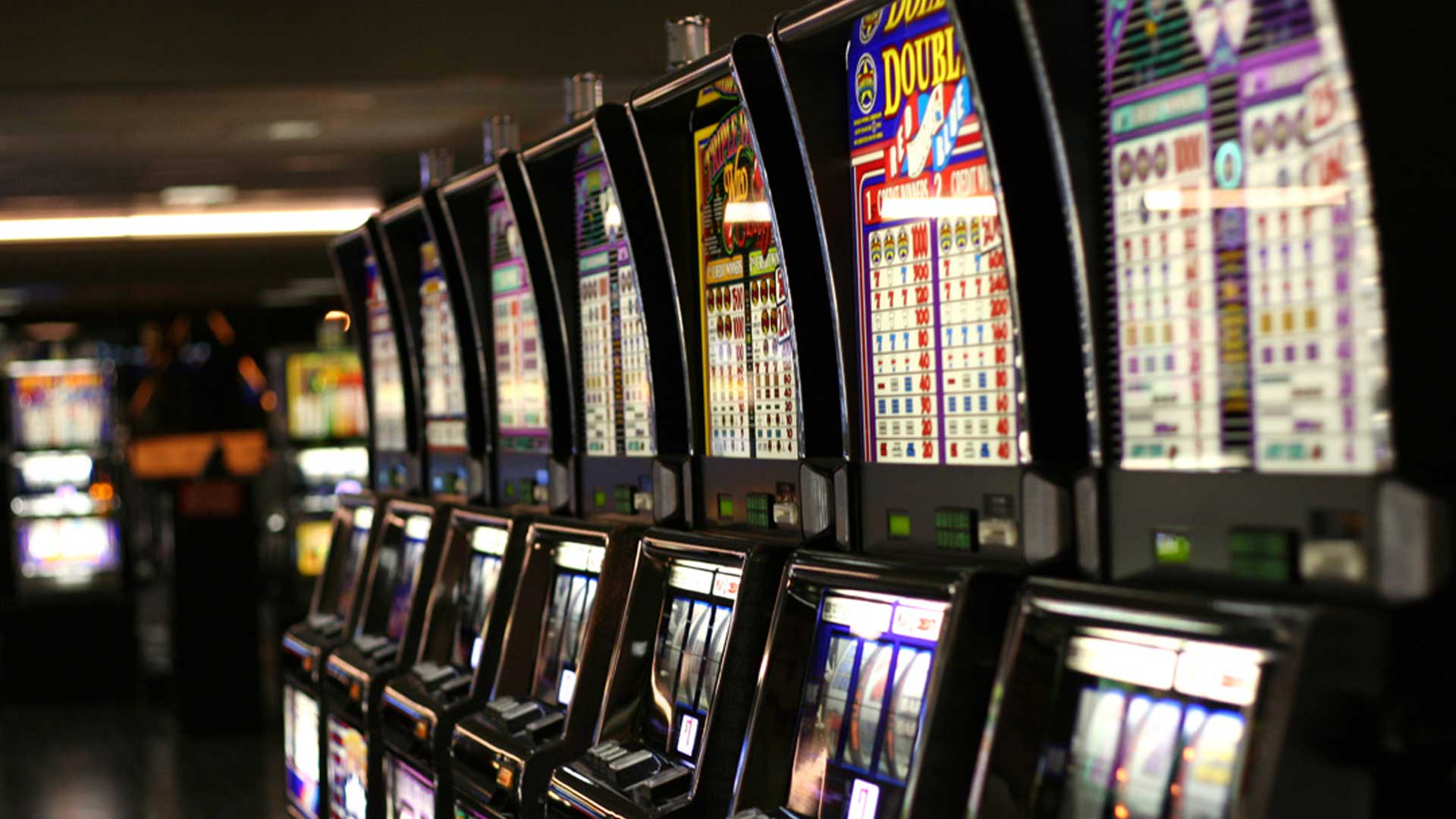Addiction Versus Entertainment in Gambling

Addiction Versus Entertainment in Gambling: Navigating the Fine Line
Gambling, in its essence, presents a fascinating paradox: a realm of exhilarating entertainment that simultaneously harbors the potential for devastating addiction. For millions worldwide, it is a thrilling leisure activity, a social pastime, or even a test of skill and luck. Yet, for a significant minority, the pursuit of that thrill transforms into a compulsive, destructive force. Understanding the critical distinction between gambling as entertainment and gambling as an addiction is paramount for both individuals and the industry at large. This article delves into the nuances of this complex relationship, exploring the allure, the risks, and the vital role of responsible practices.
The Allure of Entertainment Gambling
At its core, gambling for entertainment is about the experience. It’s the rush of anticipation as the roulette wheel spins, the strategic challenge of poker, or the simple joy of camaraderie around a blackjack table. Many engage in online slots or sports betting as a form of escapism or a way to add an extra layer of excitement to a sporting event. The entertainment value stems from several factors:
Recreational Play and Its Boundaries
- Excitement and Thrill: The inherent uncertainty of gambling provides a unique adrenaline rush, a momentary escape from the mundane.
- Social Interaction: Casinos, poker nights, and even online gaming communities offer opportunities for social engagement and competition.
- Mental Engagement: Games like poker or blackjack require strategic thinking, decision-making, and often, an understanding of probability.
- The Dream of a Big Win: While rarely realized, the possibility of a life-changing jackpot fuels a sense of hope and excitement.
For most recreational gamblers, these activities are enjoyed within strict personal boundaries. They set limits on time and money spent, view any losses as the cost of entertainment, and never chase their losses. It’s a hobby, not a necessity, and it rarely interferes with their personal responsibilities or financial stability. They can walk away at any time, feeling no compulsion to continue.
The Slippery Slope to Addiction
The line between entertainment and addiction is dangerously thin, and for some, it is imperceptible until it's too late. Gambling addiction, also known as compulsive gambling or pathological gambling, is a recognized mental health disorder. It's characterized by an uncontrollable urge to gamble, despite negative consequences. What begins as a search for entertainment can quickly escalate due to a combination of psychological vulnerabilities, environmental factors, and the very design of gambling activities.
Recognizing Problem Gambling Behaviors
The progression from recreational play to addiction often involves several key behavioral and psychological shifts:
- Chasing Losses: A desperate attempt to win back money that has been lost, leading to even greater debt.
- Increasing Stakes: Needing to bet larger amounts or gamble more frequently to achieve the same level of excitement.
- Preoccupation: Constant thoughts about gambling, planning the next bet, or reliving past gambling experiences.
- Deception: Lying to family, friends, or therapists to conceal the extent of gambling involvement.
- Impaired Control: Unsuccessful attempts to cut back or stop gambling.
- Negative Consequences: Jeopardizing or losing significant relationships, jobs, educational or career opportunities due to gambling.
- Withdrawal Symptoms: Feeling restless or irritable when attempting to cut down or stop gambling.
The psychological rewards, such as the 'near miss' effect or the occasional big win, can reinforce the behavior, creating a cycle that is incredibly difficult to break. The brain's reward system, particularly dopamine pathways, can be hijacked, similar to substance addiction, making it a powerful and insidious condition.
Bridging the Divide: Awareness and Responsible Practices
Given the dual nature of gambling, fostering a healthy relationship with it requires significant awareness and robust responsible gaming measures. Both individuals and the gambling industry have a crucial role to play in promoting safe play and preventing addiction.
Role of Online Platforms and Regulations
For individuals, self-awareness is key. This includes setting clear limits on time and money, sticking to those limits, avoiding gambling when feeling stressed or depressed, and never viewing gambling as a source of income. Recognizing the early signs of problem gambling in oneself or others is vital for seeking help before the situation spirals out of control. Many resources are available for support, including helplines, therapy, and self-exclusion programs.
The gambling industry, particularly online platforms, bears a significant responsibility. Reputable online betting sites, like those catering to sports enthusiasts, understand the importance of responsible gaming. They implement features such as deposit limits, self-exclusion options, reality checks, and links to problem gambling support organizations. For instance, when engaging in m88 sport taruhan bola or other forms of online betting, users should always look for clear signs of commitment to responsible gaming practices. Regulatory bodies worldwide are also stepping up, enforcing stricter advertising rules, age verification, and responsible gaming initiatives to protect vulnerable individuals. The goal is not to eliminate gambling, but to ensure it remains a form of entertainment rather than a path to despair.
In conclusion, the line separating entertainment from addiction in gambling is a critical one. While for many, gambling remains a harmless and enjoyable pastime, the potent thrill it offers can, for others, become an inescapable trap. By understanding the signs of problem gambling, practicing responsible gaming habits, and leveraging the safeguards offered by a conscientious industry, we can strive to keep gambling firmly in the realm of entertainment, where excitement and leisure prevail over compulsion and despair.